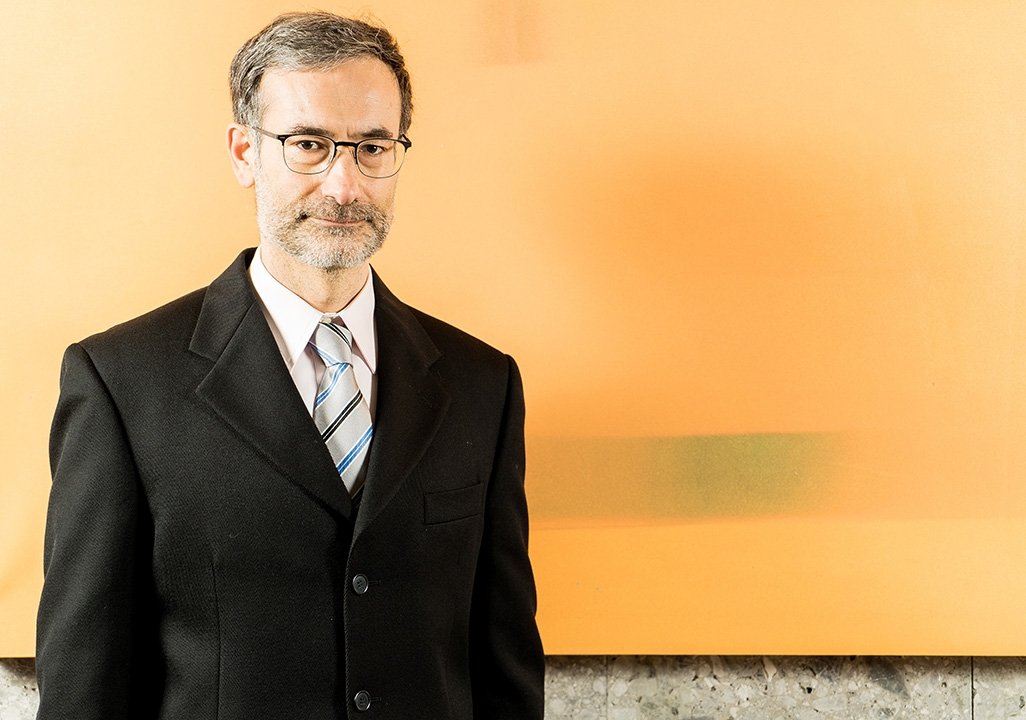Psychological Game Theory: When Emotions Enter the Equation

“I hope”, Professor Battigalli said “that our review can inspire new applications, but also further theoretical investigation on some open questions. For example, even though accounting for emotions, all the currently-available work in psychological game theory assumes that players are rational. Note that emotions are not in contrast with rationality. In fact, they are modelled as a part of the players’ utility in psychological game theory. However, some emotions such as anxiety and anger can hamper rational thinking. The current form of psychological game theory is not equipped to model such effects, but I am confident that specific applications can pave the way for more comprehensive modelling”.